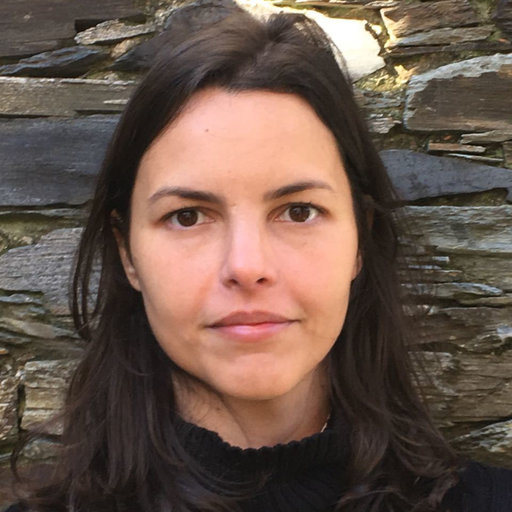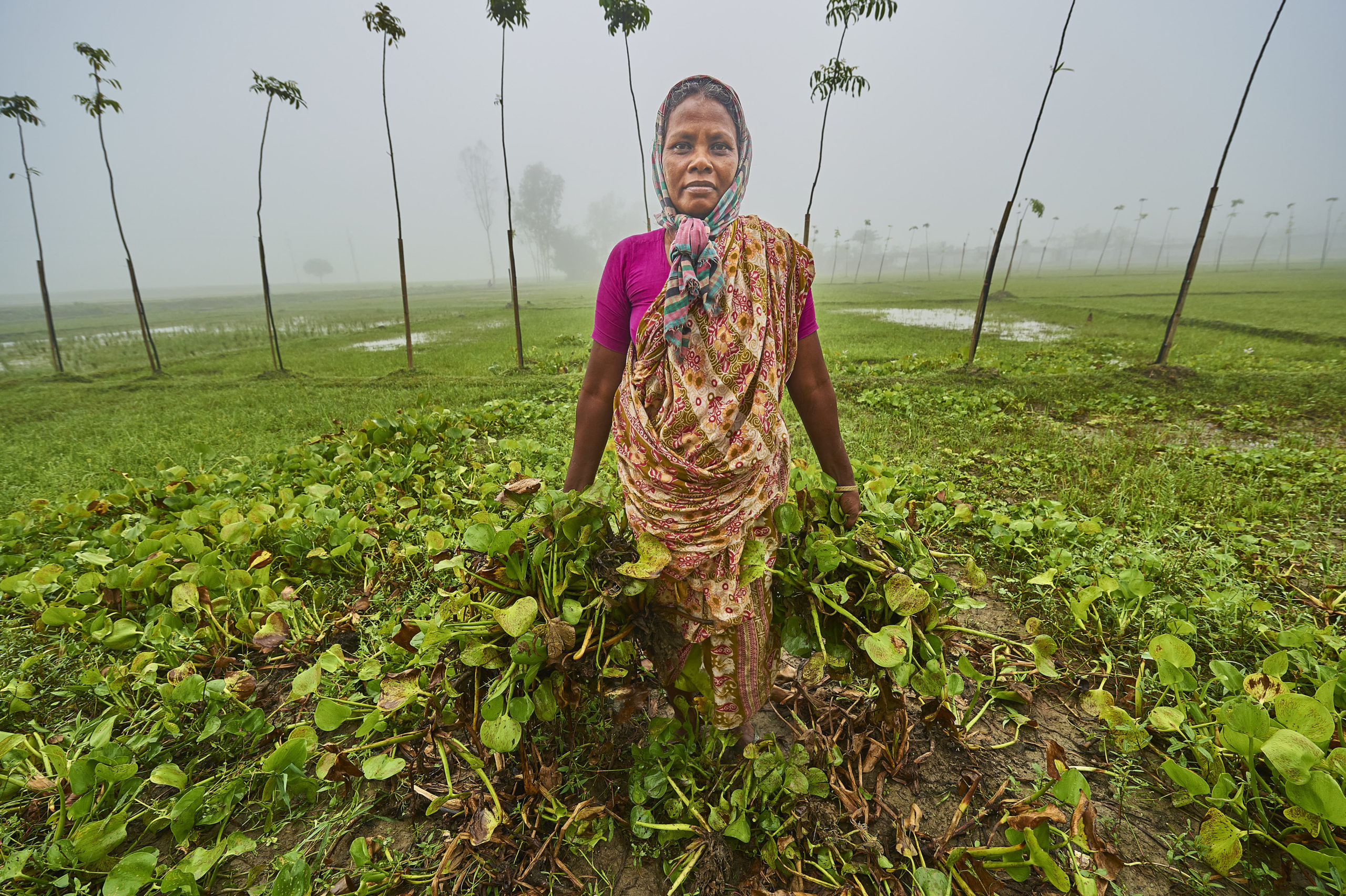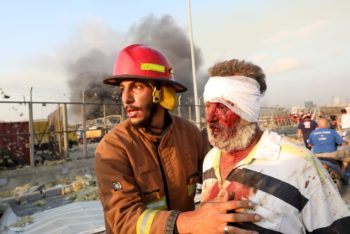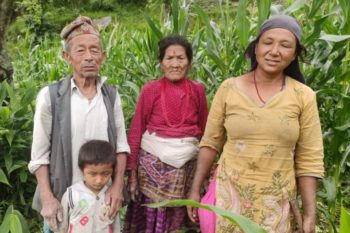ACT Alliance has signed on to the Unity Statement for the Protection and Promotion of Human Rights in the Philippines.
Keep Watch and Bear Witness with the Filipino People
#DefendCivilLiberties #StopTheKillings
“When all the prisoners of the land are crushed under foot, when human rights are perverted in the presence of the Most High, when one’s case is subverted – does the Lord not see it?”
(Lamentations 3:34-36, NRSV)
We are Church people from around the world, responding to the call to stand with the Filipino people in light of the deteriorating situation of civil liberties and human rights in the Philippines. Filipinos have been under quarantine and various forms of “lockdown” for more than six months. They are a witness to a militarized response to the COVID-19 pandemic, which has unraveled lingering social inequalities and has further deepened economic misery in the country. The 45 percent of the Philippine workforce is now unemployed. The worrisome heightening of human rights violations and intensifying curtailment of civil liberties are unduly facilitated by restrictions put upon democratic discourse, including legitimate assemblies to express grievances, in a civil space so severely shrunk.
We are alarmed by the passage into law of the Anti-Terrorism Act of 2020, which poses serious threats on civil liberties. This law runs counter to the Bill of Rights clearly enshrined in the Philippine Constitution and to obligations arising from international human rights instruments and mechanisms that Philippines has acceded to. This law practically legitimizes unlawful arrests and detentions, thereby undermining due process of law and equal protection of the law that are guaranteed by the Philippine Constitution. Compounding the concern about this law are reports that retired military generals have been positioned within the civilian bureaucracy to wield this draconian law, instrumentalizing it to impinge on the exercise of free speech, thought, religious belief and association, as well as other civil and political rights.
The proliferation of extrajudicial killings, including the killing of thousands of people under a so-called “war on drugs”[1], is reprehensible. We are concerned that a general climate of impunity has been synergized with the Philippine president’s unabashed incitement to violence and regular calls for state forces to punish legitimate dissent by the citizenry. At least 6,000 killings have been reported by the Philippine police as a result of their drug operations. Human rights organizations provide a larger figure, calculating that approximately 27,000 people including children have been killed, with casualties resulting from widespread ‘vigilante’ killings, discovery of dead bodies, and executions from what are described as resistance to police arrest[2]. Extrajudicial killings of “suspected rebels” are categorized and alleged as shoot-outs in the dead of night, while multiple witness testimonies report these as execution-style operations. The human rights group Karapatan has documented more than 300 political killings, including scores of rural farmers and indigenous peoples, workers, environmental defenders, lawyers, human rights activists, and church people. The Philippine Commission on Human Rights remains saddled with the investigation of 89 cases of deaths of human rights activists dating back to 2017.
We call for an end to these killings. We stand with the Filipino citizenry in denouncing state impunity and the wanton display of violence and brutality by state forces. We affirm that due process of law and the equal protection of the law are constitutive of a just and democratic governance and guarantees protections arising from both domestic and international laws that the Philippines have sworn to abide by.
Continuing violations of human rights under COVID-19 pandemic quarantines in the Philippines accentuate the urgent need for intensified accompaniment and solidarity from Church formations and people of goodwill within and outside the Philippines. A few of the present maneuvers to repress the Filipino people include the intimidation and trumped-up charges leveled against the political opposition, peoples organizations, journalists, government critics, peace advocates, and human rights defenders; the closure of a major media outfit; “red-tagging” of activists, including church people and churches[3]; attacks on indigenous communities and their schools; and threats to workers humanitarian aid groups and agencies.
Civil rights are deprived further with the unhealthy overcrowding and dismal situation of Philippine prisons, bulging to as high as five times their capacity. Widespread hunger and joblessness, and inadequate provision of and access to health services and care, thereby putting at greater risk populations that have been made more vulnerable by at least a triple of pandemics—those of COVID-19, endemic poverty, and climate change that have assaulted the health and integrity of the people, their land and livelihoods, and the planet.
Therefore, in continuation of our historic commitment as faith-based bodies within the wider ecumenical community worldwide to peace, justice and the integrity of creation, we hereby join to keep watch and bear witness to the hopes and struggles of the Filipino people.
We continue to raise the alarm on the disturbing proliferation of killings, human rights violations and attacks on civil liberties in the Philippines. We commit ourselves to bear witness in word and indeed, by advocating and educating about these commitments in our own countries, with our governments and diplomats, and in our agencies and work places. We will aid in broadening international support for and solidarity with the Filipino people. Their call for the Philippine government to uphold human rights, provide reparations to victims of state abuses, seek peace, and enact justice are equally our call. In particular, we support the recommendations of the United Nations High Commissioner for Human Rights, including recommendations from at least two dozens of UN human rights experts for the UN Human Rights Council to “establish an on-the-ground independent, impartial investigation into human rights violations in the Philippines”.[4]
We will continue to uphold God’s gift of human dignity in the Philippines and everywhere, working with human rights defenders, and maximizing all venues and platforms to put a spotlight on those who violate and undermine human rights so that they are called to face justice and account for their transgressions.
May the liberating God be with us in this commitment and in our continuing quest for peace based on justice and the integrity of peoples and their lands.
We will bear witness, and we will keep watch.
Signed by (as of September 17, 2020):
ACT Alliance
Anglican Church of Canada*
Christian Conference of Asia
Council for World Mission
Global Ministries of the Christian Church (Disciples of Christ) and United Church of Christ
International Coalition for Human Rights in the Philippines
Kairos: Canadian Ecumenical Justice Initiatives
National Council of Churches in Australia
National Council of Churches in Korea
National Council of the Churches of Christ in the USA**
Presbyterian Church USA
United Society Partners in the Gospel, UK
United Church of Canada
United Evangelical Mission
Uniting Church in Australia
United Methodist Church – General Board of Church and Society***
United Methodist Church – General Board of Global Ministries
Uniting World
World Communion of Reformed Churches
World Student Christian Federation
* The Most Rev. Linda Nicholls, Primate; The Most Rev. Mark MacDonald, National Anglican Indigenous Archbishop (Anglican Church of Canada)
**Jim Winkler, General Secretary and President (National Council of the Churches of Christ in the USA)
*** Rev. Dr. Susan Henry-Crowe, General Secretary (United Methodist Church – General Board of Church and Society)
[1] https://globalnation.inquirer.net/188186/unhrc-report-near-impunity-in-ph-drug-war-killings-tokhang-must-end
[2] https://rappler.com/nation/children-killed-duterte-drug-war-philippines-report
[3] The National Council of Churches in the Philippines and its members and associate members like the Iglesia Filipina Independiente, United Church of Christ in the Philippines and the Student Christian Movement of the Philippines have been labelled by state security forces and government agencies as “front organizations of communist terrorist groups”. Some church leaders, members of the clergy and lay leaders are also “red-tagged” including those from the United Methodist Church and the Roman Catholic Church.
[4] See the High Commissioner’s report here: https://bit.ly/3jHsawQ , and the recommendations of UN human rights experts at https://bit.ly/2EPgDNv
The Statement is available for download here.



 Mrs Jernita is one of the many women who received support from CDRM & CDS back in 2016 to set up her store, which, serves as an important source of income for her family. Today, CDRM & CDS continues to support the Matobe Village, this time raising awareness of COVID-19 and sharing transmission prevention tools and strategies.
Mrs Jernita is one of the many women who received support from CDRM & CDS back in 2016 to set up her store, which, serves as an important source of income for her family. Today, CDRM & CDS continues to support the Matobe Village, this time raising awareness of COVID-19 and sharing transmission prevention tools and strategies.
 “I used the money to buy things for my daily needs, such as seasoning, and clothes for my daughter. I also used the money to pay for the treatment for my knee. Before I received this assistance, I did many things to meet my daily needs, but this assistance has helped me a lot,” she said.
“I used the money to buy things for my daily needs, such as seasoning, and clothes for my daughter. I also used the money to pay for the treatment for my knee. Before I received this assistance, I did many things to meet my daily needs, but this assistance has helped me a lot,” she said.